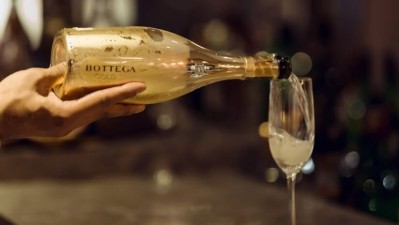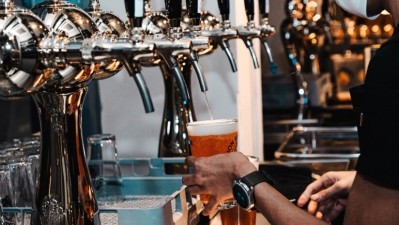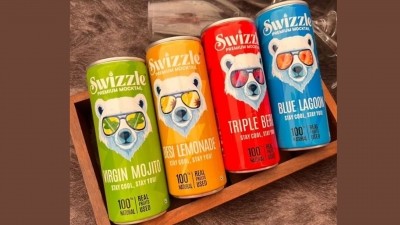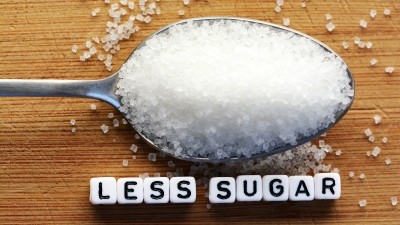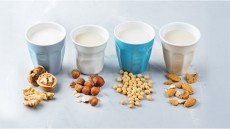Huge tax hikes: Vietnam proposes phased 100% alcohol tax rise, 10% for sugar-sweetened drinks

Vietnam is well-known for having very affordable alcoholic beverage prices, with beers in particular costing well below US$1 at most supermarkets and eateries.
The local government believes that such affordable prices have contributed to high consumption amongst consumers, and that it is now necessary to increase taxation on these drinks to ensure public health is not compromised.
“Higher taxation is necessary in order to reduce the consumption of alcohol in Vietnam,” the local Ministry of Finance said via a formal statement outlining its new draft regulations.
“The current tax law levies an excise tax of 65% on liquors with 20% ABV and above; 35% for drinks below 20% ABV and 65% for beers – these would be increased to 80%, 50% and 80% respectively under the new regulations in the short term by 2026.
“The plan is to gradually increase these taxes to 100%, 70% and 100% eventually by 2030 – all of these are in line with World Health Organisation (WHO) recommendations to increase retail prices for alcohol by 10%.”
These hikes in prices will not account for any price increases resulting from inflationary pressures, which could lead to a further 2% or more increase.
Any changes will be made under Vietnam’s Special Consumption Tax – and is likely to impact not only alcohol but also sugar-sweetened beverages (SSBs) and tobacco products.
“We are also proposing the introduction of a 10% excise tax to be placed on sugar-sweetened beverages in order to stop excessive sugar consumption by consumers,” MOF added.
“The added taxation and prices which are 10% more expensive would [act as an incentive for] consumers to select products with reduced or zero added sugar, thus improving public health outcomes.”
This tax would affect most beverages in the country from drinks containing (but not limited to) juices, bottled teas, energy drinks, electrolyte drinks, soft drinks, sports drinks, herbal drinks, cereal drinks, and more that contain added sugar.
Some exceptions to this would include milk and dairy products, nutritional or supplement health products, bottled water, pure vegetable-fruit drinks, cocoa-based products and more.
“The annual consumption of sugar-sweetened beverages in Vietnam has grown by 1.5 times in seven years to hit 70.5 litres in 2020, and our percentage of overweight and obese children and teens has also doubled to 19%, well over the average in the ASEAN region which is 17.3%,” said MOF.
“These changes are part of Vietnam’s National Nutrition Strategy for 2021 to 2030, a long term strategy to reduce unhealthy product consumption in the country.”
Financial gains or not
The impacts of such taxes to both alcohol and SSBs will be an interesting one for the Vietnamese market – on one hand, MOF estimates that these new taxes would bring in an additional VND2.4tn (US$94mn) to the government budget during at least the initial stage before consumers potentially switch to cheaper alternatives; but on the other hand it could have severe impacts on the country’s already-stricken beer industry.
Industry data from the Vietnam Beer-Alcohol-Beverage Association (VBA) has shown a decline in beer profits in the country in 2023, at a reported -23% compared to the year before; whereas industry giants such as Heineken Vietnam have already announced plans to stop operations at the Quang Nam brewery due to weakened demand despite its US$1bn investment in the market.
Local beer manufacturer Sabeco (Saigon Beer Alcohol Beverage Corp), brewer of national representative beers Bia Saigon and 333, also recently announced a 12.6% drop in beer consumption.
The VBA has also previously highlighted concerns over the implementation of an SSB tax, claiming these to be ineffective from a health perspective but potentially detrimental for the economy.
